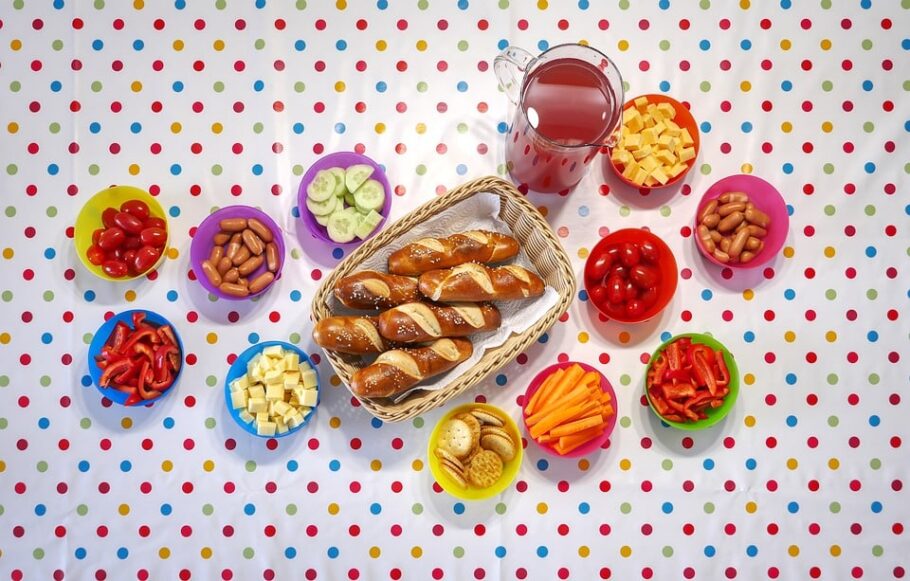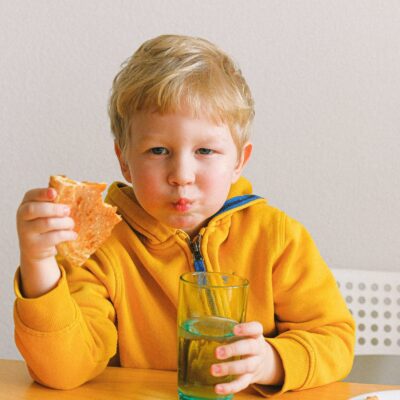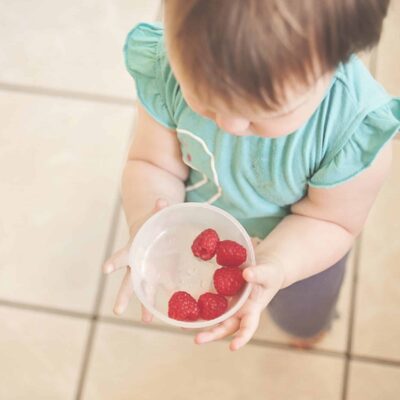- ‘When I miss my breakfast I end up snacking on something before it’s time for lunch’
- ‘I often find my kids asking for snacks after school’
- ‘When I’m relaxing in the evenings, watching TV, it can be difficult to stop myself looking for a sweet treat’
These are thoughts we all have when asked about our snacking habits, and are common discussion topics had on our BeeZee Families programmes.
When we have missed a meal, are waiting for our next main meal, or are just a little bored in the evenings – the temptation to reach for something quick, simple and often sweet is difficult to resist. If we leave it all down to willpower to resist this temptation, then we will often, unfortunately, fail – especially if it’s at the end of a long day or we are already feeling twangs of hunger. This has become even more difficult in the last few months as we find ourselves stuck inside, surrounded by snacks, more often than ever.
Giving in to the temptation of snacking can often lead to high intakes of sugar, salt and saturated fats – the trademark nutrients of the highly processed snacks that line the aisles of our local supermarkets. In addition, many processed snacks are “energy dense” (high in calories). This can be the difference between us going to bed every night in a state of energy balance (where the energy we take in is EQUAL to the energy we use up, so we can maintain our weight) or energy imbalance (where the energy we take in is MORE than the energy we use up, leading to weight gain).
Thankfully, we have come up with some helpful tips and advice to help both you and your children cut down on snacks and/or replace current, less healthy snacks with healthier ones.
BeeZee’s Snacking Tips:






